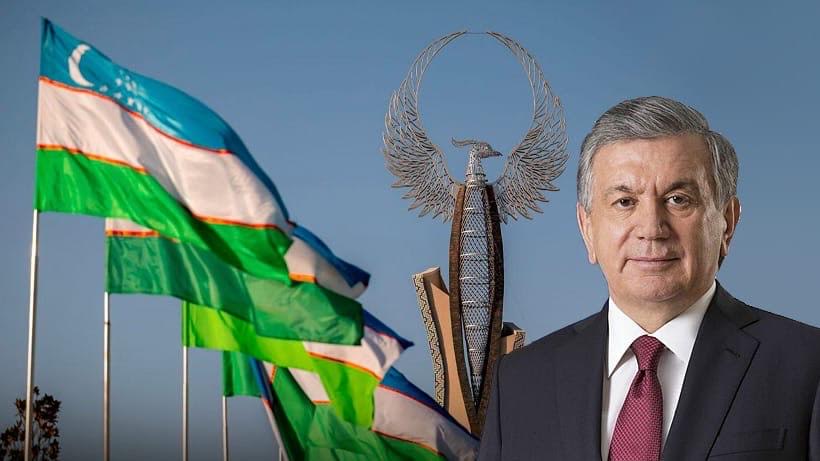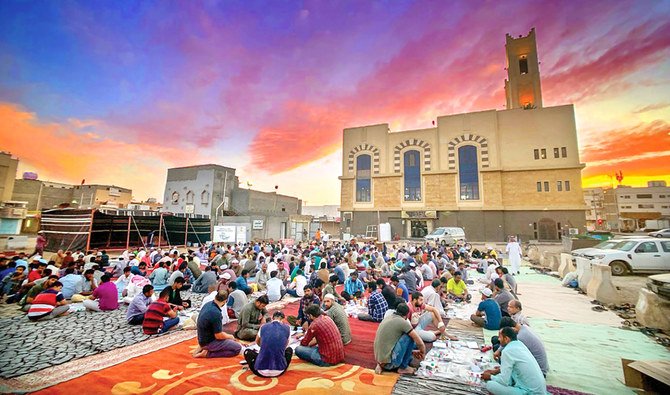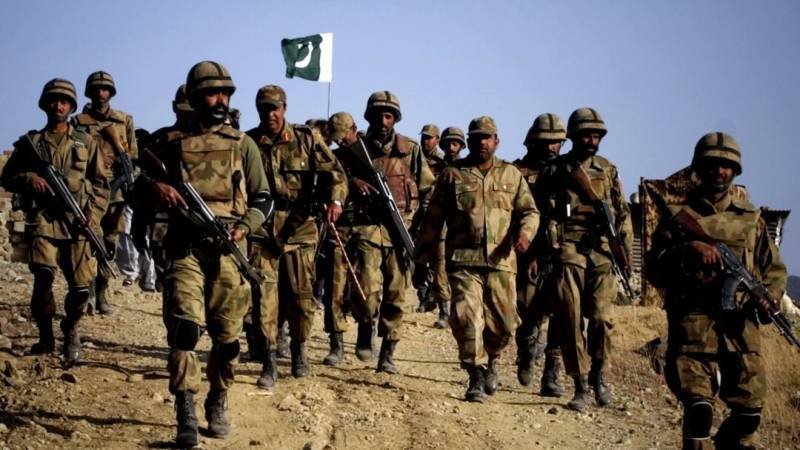In the recent past, Uzbekistan has quietly become the beating heart of Central Asia’s economic and political transformation. Once a relatively closed country, it is now at the forefront of bringing the region together on trade, transportation, energy, and diplomacy. As global powers look again to the heart of Eurasia, Uzbekistan is showing that an open and cooperative Central Asia can be a bridge between East and West and not just a crossroads for other nations’ interests.
A New Vision for an Old Crossroads
Uzbekistan’s geography has always been its destiny. Landlocked and surrounded by all the other Central Asian states, viz., Kazakhstan, Kyrgyzstan, Tajikistan, Turkmenistan, and Afghanistan, the country naturally sits at the centre of the region. But geography alone isn’t enough to make a connector. Leadership and vision matter the most, and since 2016, Uzbekistan has found both.
Since President Shavkat Mirziyoyev came to power, the government has been following a clear, outward-looking policy based on building partnerships and not walls. The “open-door” policy has transformed the nature of Uzbekistan’s relations with its neighbors, which were once marked by border disputes and competition. Now those borders are becoming gateways to business, tourism, and cooperative projects.
For example, long-standing border issues with Tajikistan and Kyrgyzstan have been peacefully resolved through dialogue and compromise. Trade between the two countries has increased dramatically. Additionally, Uzbekistan and Kazakhstan are actively collaborating to streamline logistics and customs, making it easier for goods to travel throughout Central Asia freely. This new spirit of cooperation is slowly transforming the entire region into a community that works together, rather than a collection of isolated states.
Building Bridges, Roads, and Railways
If diplomacy is one aspect of integration, infrastructure is the other. Uzbekistan is well aware that roads, rails, and energy lines are the lifelines of regional connectivity. No region can develop collectively if it is not connected. It is for this reason Tashkent has made connectivity one of its top priorities.
Major transport projects are already underway. The Trans-Afghan Railway, which would connect Uzbekistan and Pakistan through Afghanistan, has the potential to become one of the most important trade routes in Asia. When completed, it will connect Central Asia to the ports of the Arabian Sea, lowering costs of transportation and opening up new markets for the export of goods from Uzbek textiles to Kazakh metals.
In order to speed up transit, Uzbekistan is modernizing its own railway network and investing in new logistics hubs and digital customs systems. The country’s location at the geographic center of the continent allows it to be used as a transit link between China and Europe, complementing initiatives like China’s Belt and Road. But for the first time, Uzbekistan is not a mere recipient of other countries’ initiatives. It is defining regional connectivity in a unique manner and making sure that the infrastructure projects prioritize Central Asia’s needs.
Energy is a key part of the broader plan. To make electricity more reliable across the region, Uzbekistan has started connecting its power grid with those of its neighbors. A major regional initiative, CASA-1000, involves multiple nations, but its success partly depends on Uzbekistan’s continued support for cross-border energy cooperation. In the long run, such projects can help Central Asia become more autonomous and less prone to global shocks.
A Centre for Diplomacy and Trade
The new role of Uzbekistan extends beyond energy and transportation. It is also developing into a regional centre for diplomatic activity and communication. It is also hosting numerous international conferences and summits that bring together leaders from across Central Asia, South Asia, and even the Middle East. The annual Tashkent International Investment Forum and the Samarkand Conference on Connectivity have transformed Uzbekistan into a stage for regional discussion.
This diplomatic outreach is yielding positive results. Relations with Afghanistan remain complex, but Uzbekistan has taken a pragmatic approach by offering humanitarian aid and promoting trade as a way to attain stability. Its message is straightforward: that the region as a whole benefits from a peaceful, interconnected Afghanistan.
Uzbekistan has developed strong ties with Kazakhstan, the region’s economic leader. Because of joint industrial endeavors, shared transport planning, and coherent customs policies, the two countries are emerging as key forces for regional development. This partnership could become the backbone of a more connected Central Asia in the years ahead.
On the international stage, Uzbekistan is striking a balance with major powers by maintaining fruitful relations with Russia, China, the European Union, and the United States. This secures a future where Central Asian unity is inclusive, balanced, and free from the influence of any single power.
The Way Forward: Unity through Development
The path to regional connectivity is not easy. Central Asia is still struggling with challenges, from water management and climate pressure to different political systems and economic priorities. However, Uzbekistan has demonstrated that even long-standing differences can be resolved through communication and useful cooperation.
One of Uzbekistan’s greatest strengths is its youth. With over 36 million people living there and a middle class that is growing quickly, the nation serves as a significant domestic market and a hub for innovation. The government is establishing the groundwork for long-term growth by promoting digitalization, green energy, and educational reform. If shared wisely, this progress can lift the entire region.
The dream of a connected Central Asia, where goods, ideas, and people move freely, is becoming more realistic every year. The leadership of Uzbekistan has helped to turn that dream into a working plan. The country is proving that regional integration isn’t just about politics; it’s about giving common masses better opportunities, cheaper goods, and more stable livelihoods.
As the world becomes increasingly fragmented, Uzbekistan offers a message of cooperation and respect for one another. Its rise as Central Asia’s connector shows that even within a complex neighbourhood, development comes from openness, trust, and shared purpose.

Executive Director, Pakistan Research Center for a Community with Shared Future (PRCCSF).












